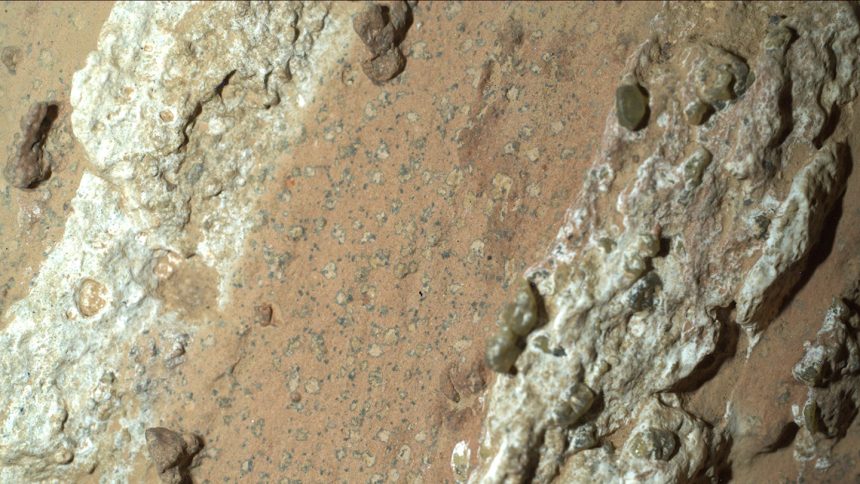NASA’s Mars Rover Discovers Clues to Possible Life on the Red Planet

Intriguing Geological Features Suggest Microbial Activity
The Perseverance rover, operated by NASA, has recently analyzed a rock sample on Mars that displays unique characteristics reminiscent of “leopard spots,” formations that—on our planet—often indicate the presence of microbial organisms. These findings could point to biological processes that may have occurred in Mars’s ancient past.
Significance of Organic Compounds in Astrobiology
This discovery carries significant implications for astrobiology and our understanding of extraterrestrial life. Organic compounds are essential building blocks for life as we know it, and their detection on Mars raises exciting questions about the planet’s capacity to support living beings at some point.
The Quest for Life Beyond Earth Intensifies
This revelation aligns with ongoing research into whether life might exist beyond Earth. Current data show an increasing number of organic compounds being identified within Martian geology, helping scientists piece together the puzzle concerning possible ancient life forms.
Current Research Directions and Future Missions
As exploration continues, NASA is planning further missions aimed at studying these intriguing geological features more closely. With advancements in technology and new scientific techniques emerging, researchers are optimistic about finding more evidence indicating previous biological activity on Mars.






